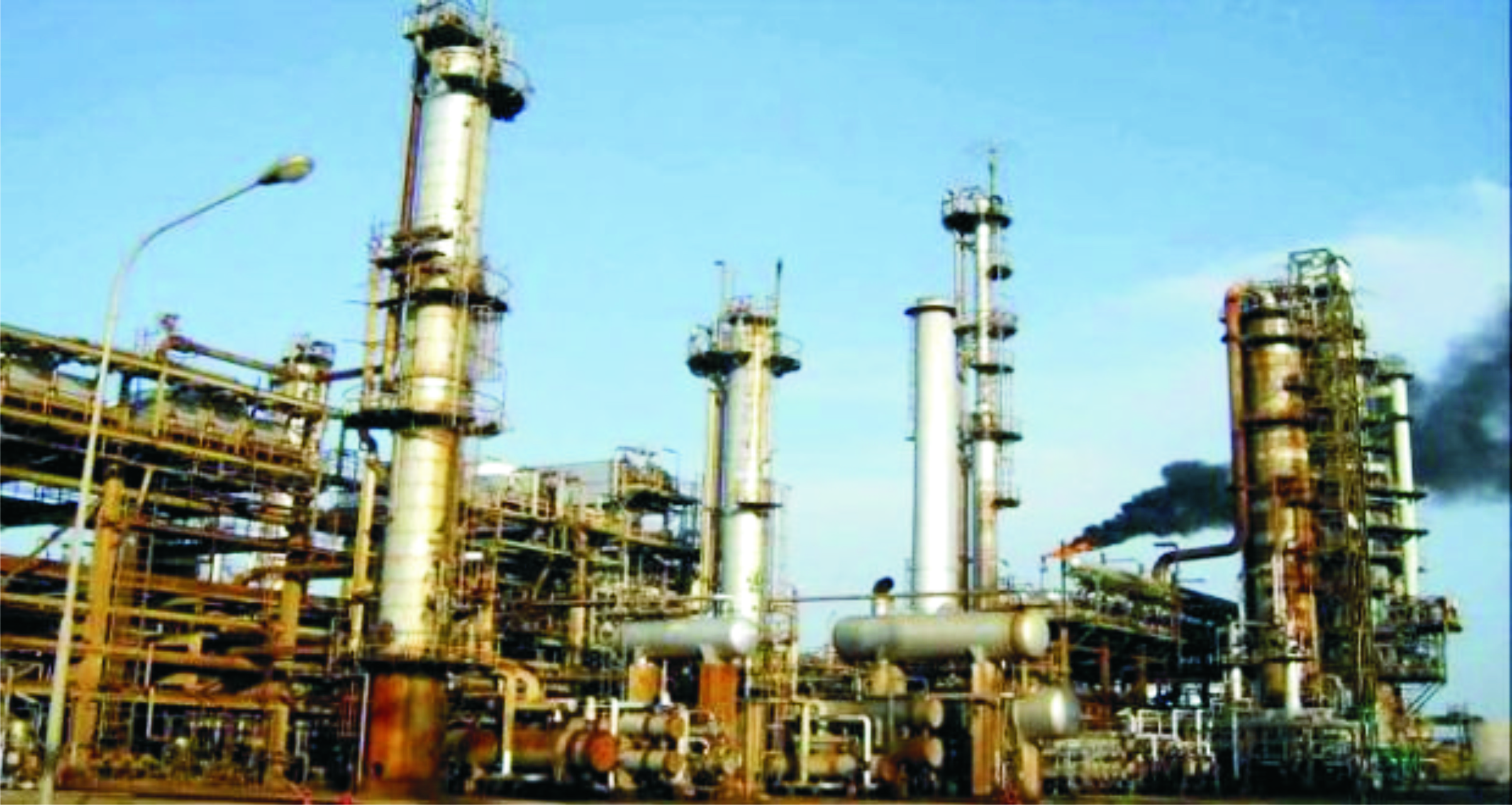Business
IOCs Frustrating Nigerian Refineries, Dangote Declares

Business
USTR Criticises Nigeria’s Import Ban On Agriculture, Others
The United States Trade Representative (USTR) has criticised Nigeria’s import ban on 25 categories of goods, claiming that the restrictions limit market access for American exporters.
This is the effect of President Donald Trump’s tariffs introduction on goods entering the United States, with Nigeria facing a 14 per cent duty.
The USTR highlighted the impact of Nigeria’s import ban on various sectors, particularly agriculture, pharmaceuticals, beverages, and consumer goods.
The restrictions affect items such as beef, pork, poultry, fruit juices, medicaments, and alcoholic beverages, which the United States sees as significant barriers to trade.
The agency argues that these limitations reduce export opportunities for United States businesses and lead to lost revenue.
“Nigeria’s import ban on 25 different product categories impacts United States exporters, particularly in agriculture, pharmaceuticals, beverages, and consumer goods.
“Restrictions on items like beef, pork, poultry, fruit juices, medicaments, and spirits limit United States market access and reduce export opportunities.
“These policies create significant trade barriers that lead to lost revenue for United States businesses looking to expand in the Nigerian market”, the agency said .
In 2016, Nigeria implemented the ban on these 25 items as part of efforts to control imports and stimulate local production.
Some of the banned items include poultry, pork, refined vegetable oil, sugar, cocoa products, spaghetti, beer, and certain medicines.
On March 26, 2025, the Federal Government also announced plans to halt solar panel imports to encourage local manufacturing as part of its push for clean energy.
Business
Expert Seeks Cooperative-Driven Investments In Agriculture
A leading agribusiness strategist and digital agriculture expert, Ayo Oluwa Okediji, has sought cooperative-driven investments in sustaining growth of poultry industry in Nigeria.
He said the poultry industry was at a defining moment and requires urgent structural reforms to secure its future and ensure long-term sustainability.
Speaking on the theme, “Strengthening Poultry Farming Through Cooperative Synergy and Strategic Investments”, at the recently concluded Oyo Mega Poultry Workshop 2025 in Ibadan, Okediji called on poultry farmers, cooperative leaders, financial institutions and policy makers to rethink the existing structure of the poultry sector.
He stressed the need to transition from fragmented, individually-driven operations to well-structured, cooperative-led enterprises capable of attracting sustainable financing and securing long-term viability.
He said, “Our poultry sector cannot thrive on individual effort alone. We need to organise ourselves into cooperative clusters, build strong governance systems and position ourselves to attract the level of investment needed to sustain this industry beyond this generation.”
Drawing on lessons from successful global cooperative models such as Rabobank in the Netherlands and Landus Cooperative in the United States, Okediji introduced the FarmClusters Poultry Model, a locally adapted solution developed by Agribusiness Dynamics Technology Limited (AgDyna), a subsidiary of AgroInfoTech Africa.
According to him, the model is currently being piloted in Oyo State in partnership with PANOY Agribusiness Limited and local poultry cooperatives.
Business
NACCIMA Proposes Hybrid Oil Palm Seedlings For Farmers
The Rivers State Representative of the Nigeria Chambers of Commerce, Mines, Industries and Agriculture (NACCIMA), Mr. Erasmus Chukwundah, has urged palm oil farmers to consider hybrid seedlings for planting, if they must break even in palm oil business.
Chukwundah said this recently at the Free Oil Palm Business Climate Smart Best Management Practice/Assistance Training organized by Partnership Initiative In Niger Delta (PIND) for Palm Oil Farmers in Elele, Ikwerre Local Government Area.
The Rivers representative said until palm oil farmers begin to consider such hybrid oil palm seedlings, they may not meet up with the daily increasing demand of palm oil in the market.
According to him, the seedlings produce up to 30 bunches at once that ripen same time.
He said PIND decided to partner with Oil Palm Growers Association of Nigeria (OPGAN) to ensure that the message was received by the targeted audience.
According to him, palm oil remained a popular choice of industry operators as it could be converted to many other products such as vegetable cooking oil.
He also noted that products such as motor tyers, marine ropes and others are now gotten from the palm tree.
Chukwundah, who is the immediate past Director-General of Port Harcourt Chamber of Commerce, Mines, Industries, and Agriculture (PHCCIMA), further warned against use of unrecommended fertilisers in growing oil palms.
He noted that such practices could limit its export value or chances as the foreign marketers have a way of detecting such .
He reiterated the need for organic fertilizers, including poultry droppings, to enable them have a natural palm oil.
“People must reduce physical contact with palm oil production. That is why we are campaigning for hydrolic oil mills. The foreign markets are no longer interested in crude method of palm oil production”, he said.
Meanwhile, one of the farmers, Sonny Didia, who appreciated Chukwundah’s commitment towards the concern of farmers, appealed for an urgent need for loan opportunity with low interest rate in order to enable them beat the target.
King Onunwor
-
Niger Delta4 days ago
‘Agro-Processing, Key To Non-Oil Exports, Industrial Growth’
-

 Opinion4 days ago
Opinion4 days agoEssence of Easter
-
Business3 hours ago
Keyamo Refutes Claims On Enugu Airport Concession
-

 Politics2 hours ago
Politics2 hours agoOborevwori, Okowa Dump PDP For APC
-

 News4 days ago
News4 days agoACF Felicitates Christians On Easter Celebration, Prays Nigeria Returns To Peace
-

 Education4 days ago
Education4 days agoEaster: VC Preaches Love, Compassion, Kindness
-
News3 hours ago
Russia’s Biggest Strike On Kyiv Kills Nine
-

 News4 days ago
News4 days agoEdo Councils Restrict Movement Of Motorbike Riders

